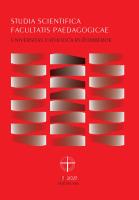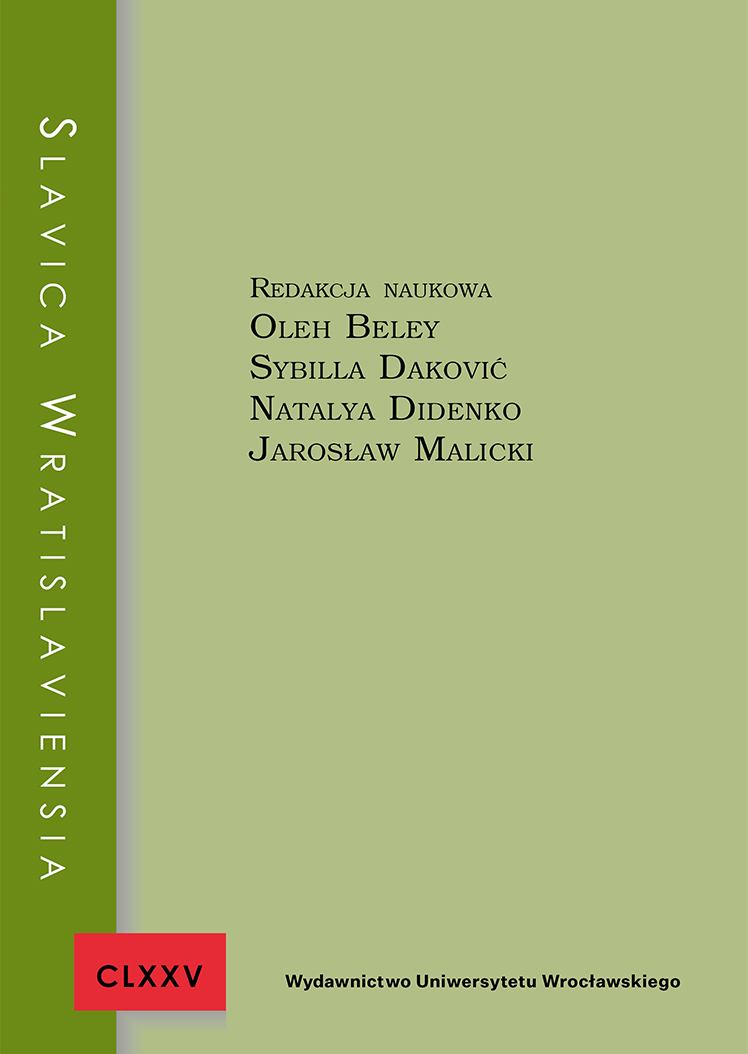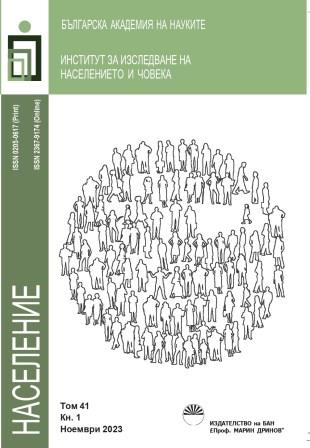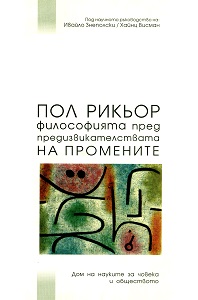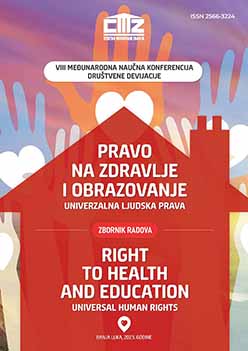
GOVOR MRŽNJE I PRAVO NA OBRAZOVANJE DECE I MLADIH MARGINALIZOVANIH GRUPA
The starting thesis of this work is equal right of children and youth from marginalized groups to education that their peers have everywhere in the world. Since marginalization is exclusion from society caused by discrimination, and hate speech is one form of verbal discrimination, it is necessary to analyze the relationship between hate speech and the right to education. Hate speech includes all forms of expression that spread, incite, promote or justify racial hatred, xenophobia, anti-Semitism or other forms of hatred based on intolerance, including expressed intolerance of aggressive nationalism and ethnocentrism, discrimination and hostility towards minorities, migrants, foreigners. The goal of the paper is to show that hate speech in the public discourse contributes to the spread of hate speech to educational institutions where it can have particularly negative effects. Among the students of marginalized groups, it causes fear, mistrust, distance, a feeling of not belonging, even hatred towards the school and other institutions of society. In majority students, it causes a feeling of "permissibility" of exclusionary, discriminatory or even violent behavior towards members of marginalized groups, but also a tendency to spread marginalization to others who are different, unpopular, poorer, weaker. The consequences are causing fear even among those who are not directly targeted, and who may fear the possibility of their own victimization and marginalization in the social environment of tolerated public expression of hatred and possible violence. It is concluded that hate speech is a factor causing effects reduction and destruction of education process, which leads to weakening of the school success of students from marginalized groups, their dropping out of school and thus their further social exclusion, poverty and lifelong marginalization. At the same time, the effects of education as one of the most important means for improving integration and social cohesion by creating a common educational space with equal opportunities for all are significantly diminished or disabled.
More...
